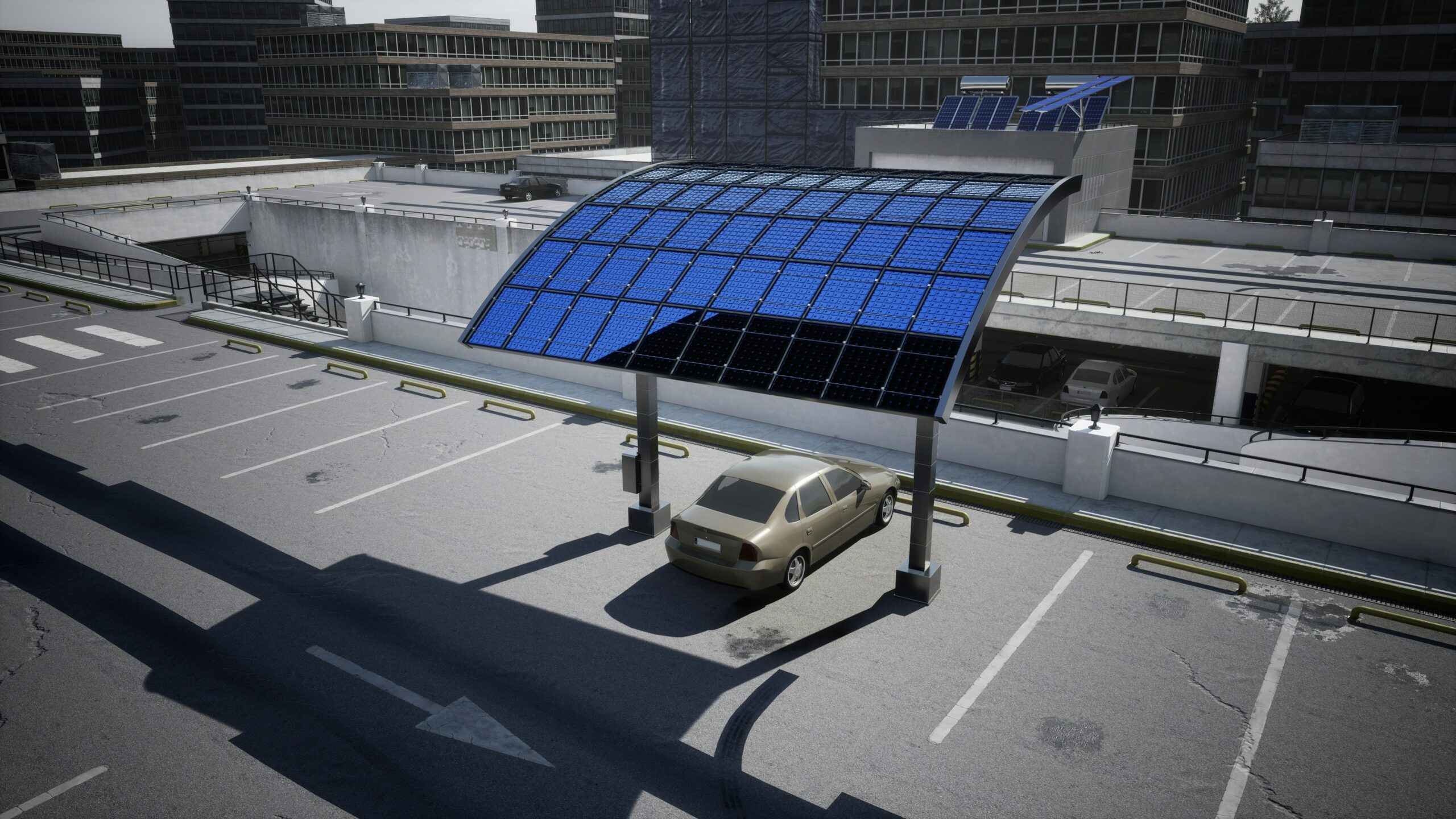
The global energy landscape is witnessing a transformative shift, with renewable energy technologies at the forefront of fostering sustainable growth and mitigating climate change. Innovations in this sector are crucial for meeting increasing energy demands and pivotal in achieving environmental sustainability. Here, we explore some of the most groundbreaking advancements in renewable energy technologies that promise to reshape our energy future.
Solar Power Innovations
Solar energy has been a frontrunner in the renewable energy sector, primarily due to its widespread availability and potential for efficiency improvements. Recent photovoltaic (PV) cell technology developments have significantly increased their efficiency and reduced costs. For instance, perovskite solar cells, known for their superlative light-absorption properties, are making headlines. These cells are cheaper to produce than traditional silicon-based cells and have the potential to achieve higher efficiencies, with researchers targeting over 30% efficiency in the coming years.
Another notable innovation in solar technology is the advent of floating solar farms. These systems are installed on bodies of water, such as reservoirs and lakes, thus conserving valuable land space while cooling the panels naturally, which enhances their performance.
Wind Energy Advances
Wind energy is evolving rapidly with the development of both onshore and offshore wind farms. The latest trend is the design and deployment of larger turbines capable of generating more power without a proportional cost increase. The introduction of floating wind turbines has also expanded the potential for offshore wind farms to deeper waters with stronger windscular. This increases energy output and reduces visual and noise impacts compared to onshore sites.
Moreover, advancements in digital analytics and predictive maintenance technologies are optimizing wind farm operations. By using sensors and AI to predict equipment failures and streamline maintenance schedules, these technologies can significantly enhance efficiency and reduce downtime.
Bioenergy and Geothermal Innovations
Bioenergy technologies are improving with innovations aimed at making the production of biofuels more efficient and less resource-intensive. Genetic engineering is crucial in developing energy crops that yield more biomass and can thrive in marginal environments, reducing competition with food crops.
Enhanced Geothermal Systems (EGS) are emerging technologies designed to harness the earth’s heat more effectively in geothermal energy. By improving the methods for heat extraction from geothermal reservoirs, EGS could expand usable geothermal resources worldwide, significantly contributing to the renewable energy mix.
Energy Storage and Integration
As renewable energy sources are inherently intermittent, practical storage solutions are essential. Innovations in battery technology, such as solid-state batteries, offer higher energy densities and longer lifespans than traditional lithium-ion batteries. These advancements could revolutionize energy storage, making renewable energy more reliable and viable for broader applications.
Furthermore, more intelligent grid technologies are facilitating the integration of renewable energy into existing grids. Smart grids use digital communication technology to detect and react to local changes in usage and generation, thus improving the efficiency and reliability of energy distribution. This is critical as the proportion of renewable energy in our power systems grows.
The Road Ahead
The path forward for renewable energy technologies is filled with potential. Continued innovation is essential for overcoming current limitations and unlocking the vast potential of renewable sources. Governments, researchers, and industry leaders increasingly recognize the importance of fostering these technologies to ensure a sustainable, secure, and resilient energy future.
These technological strides in renewable energy not only promise a cleaner planet but also herald a new era of economic opportunity and energy security. As these technologies continue to mature and scale, the dream of a fully renewable-powered planet becomes ever more achievable, marking a pivotal moment in our pursuit of sustainability and environmental stewardship.